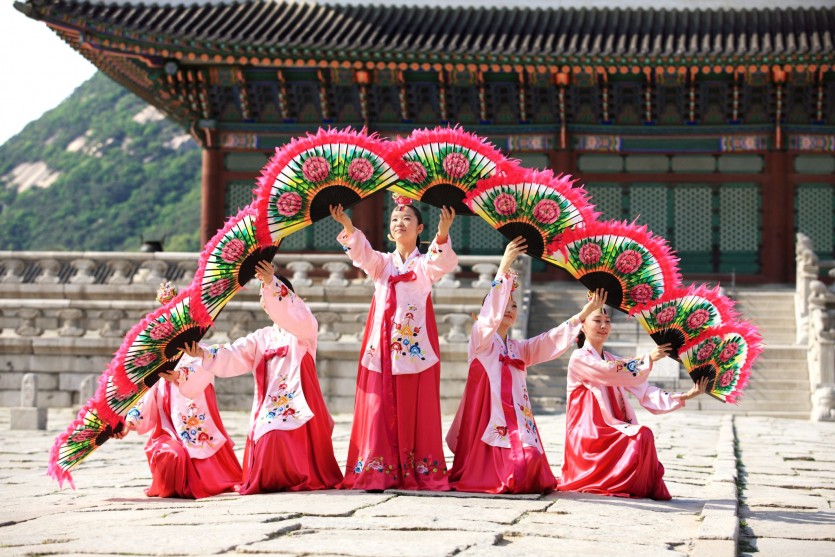Language & Culture The Role of Language in Preserving Cultural Heritage
페이지 정보

본문
Hello Everyone!
Language plays a crucial role in maintaining cultural heritage, especially in South Korea where tradition meets modernity.
Firstly, language is more than just a way to communicate; it's a carrier of cultural identity and values. Hangul, the Korean alphabet, is a source of national pride. Created around the 15th century, it’s essential for passing down stories, proverbs, and traditional songs that carry the wisdom and values of Korean ancestors.
For example, during Chuseok, a major Korean holiday, the rituals, greetings, and recipes for traditional foods are all passed down in Korean. The language conveys not just the words, but the emotions and cultural significance of these traditions. Without the language, these traditions could lose their depth and meaning.
Regional dialects, also play a crucial role in maintaining local identities. Each dialect has unique expressions and stories, adding to the country’s cultural diversity. However, while some dialects may be at risk of disappearing, local education programs and cultural festivals are important for their preservation.
In today's globalized world, South Korea embraces English to connect internationally but works hard to ensure this doesn’t overshadow Korean. Initiatives like Hangul Day celebrate the Korean language and its cultural significance.
In short, language is vital for keeping the country’s history, traditions, and identity alive. It ensures that cultural heritage thrives in a rapidly changing world.
Photo Credit: greelane.com
- PrevThe Significance of Food in Korean Culture and Language 24.05.31
- NextEmbracing Culinary Adventures: My Journey Through Korean Cuisine 24.05.29
댓글목록
There are no registered comments.

